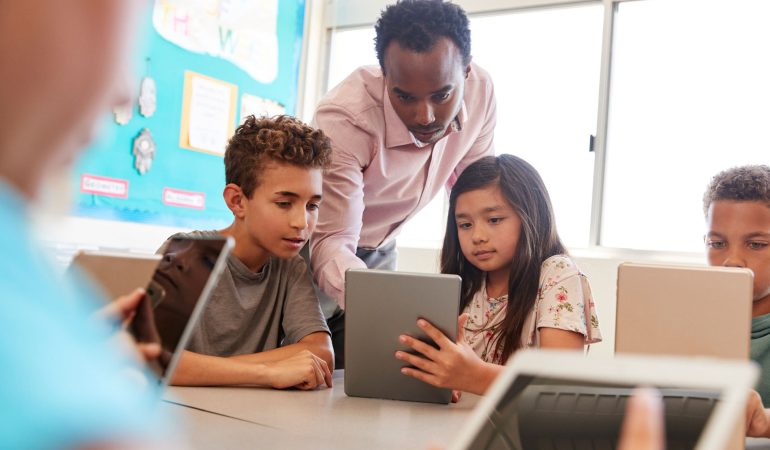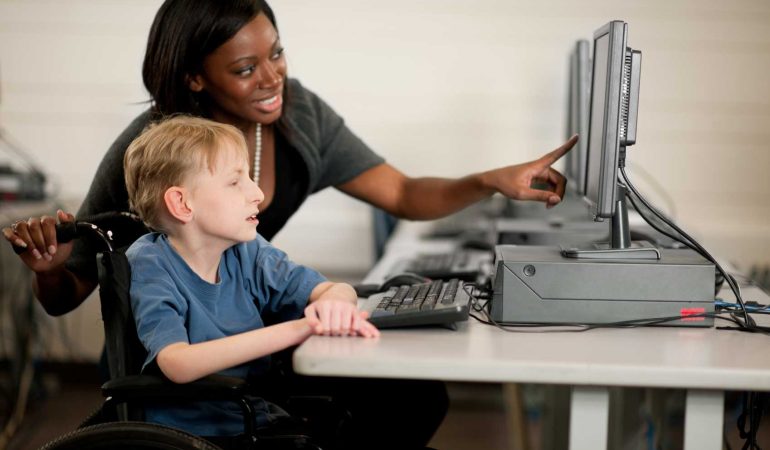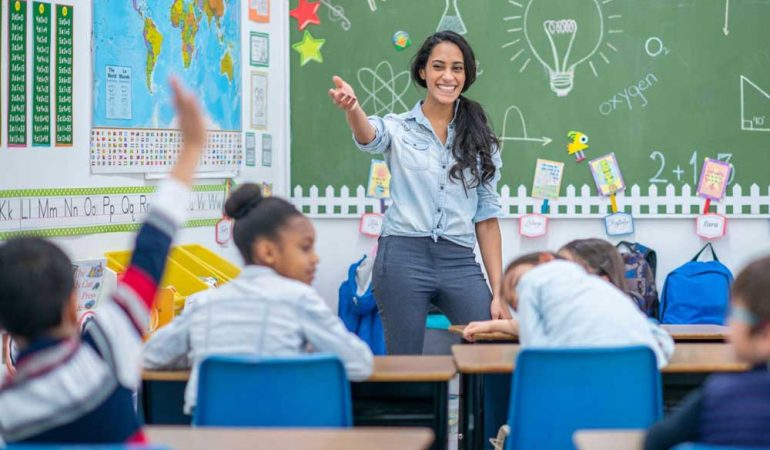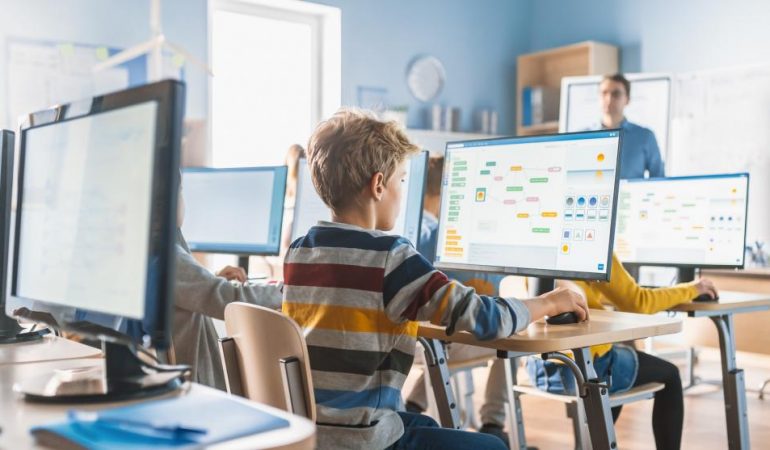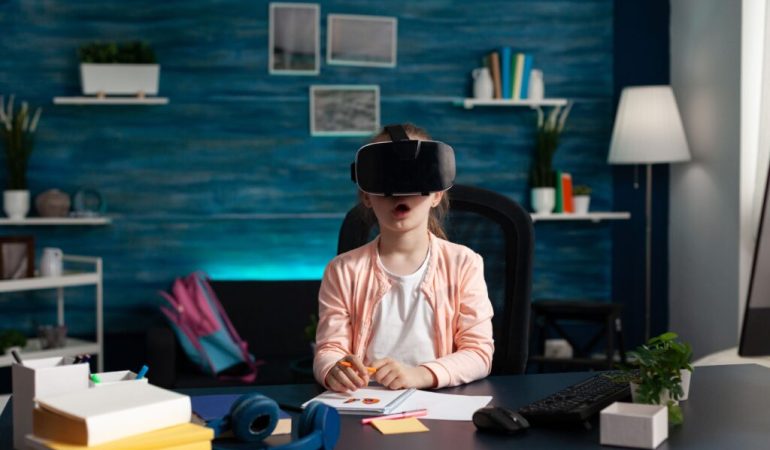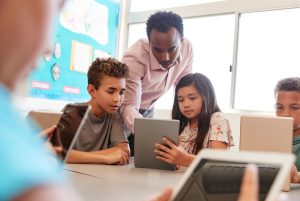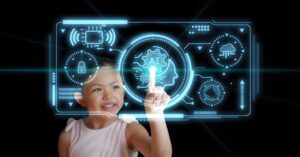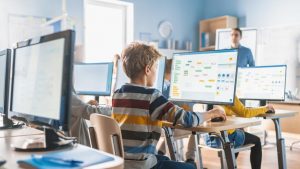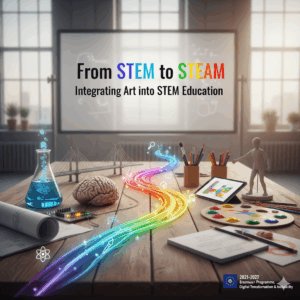Digital Literacy, Internet Safety and Social Media
In an increasingly digitized world, the “Digital Literacy, Internet Safety, and Social Media” course has been meticulously designed to address the rapidly evolving needs of educators and students. This immersive educational program delves deep into key components to ensure that participants gain a comprehensive understanding and practical skills.
Digital Literacy: Educators will explore the intricacies of digital literacy, gaining the ability to navigate the digital landscape with confidence. They will develop proficiency in utilizing digital tools, harnessing technology for educational purposes, and guiding students toward responsible digital citizenship.
Internet Safety: This course places a strong emphasis on recognizing and mitigating internet safety concerns. Participants will be equipped with the knowledge and strategies needed to create a safe online environment for both themselves and their students. They will learn to identify online risks and address them effectively.
Responsible Social Media Usage: Educators will be guided in promoting responsible social media usage among students. They will explore the ethical dimensions of online behavior, teaching students how to use social media platforms responsibly, practice online etiquette, and cultivate a strong sense of digital citizenship.


